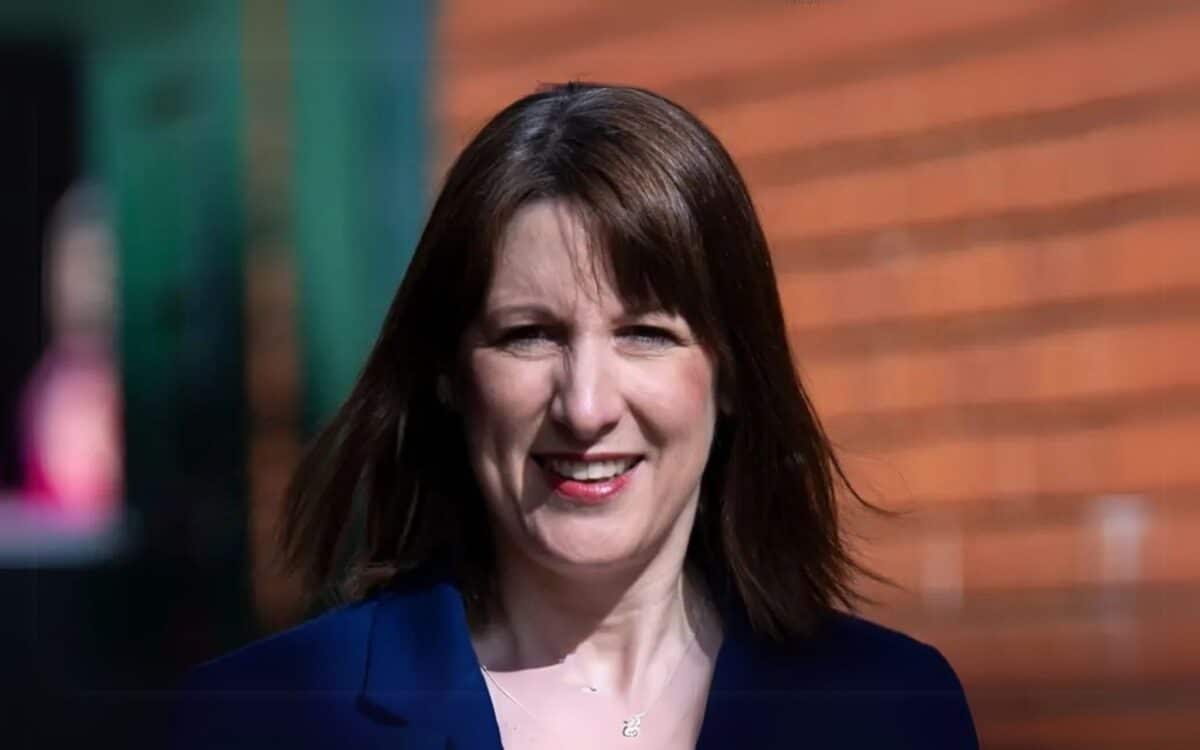Chancellor Rachel Reeves has presented her Spring Statement in Parliament, marking a significant moment in the government’s economic agenda. Touching on a range of domestic priorities, her speech signals adjustments in spending, public services, and structural reform.
According to Lancs Live, the measures aim to balance fiscal responsibility with renewed investment, as the UK navigates a complex global landscape and sluggish growth forecasts.
While full details are still being debated, the statement sets out the government’s intended direction across multiple sectors. It reflects both immediate constraints and longer-term ambitions, without offering major surprises or unexpected shifts in policy.
Universal Credit Reforms and Welfare Budget Overhaul
The Chancellor confirmed changes to Universal Credit, including an increase in the standard allowance from £92 per week in 2025–26 to £106 per week by 2029–30.
In parallel, the health element of Universal Credit will be cut by 50% and subsequently frozen for new claimants. The OBR estimates the welfare package will result in £3.4 billion in savings, revised from an initial £5 billion projection.
To support the reforms, Reeves announced a £1 billion investment in personalised employment support and a further £400 million to enhance operational capacity at the Department for Work and Pensions.
The government aims to reduce welfare spending as a share of GDP between 2026 and 2030.
Defence Spending to Increase Amid Geopolitical Shifts
As part of a pivot towards national and economic security, Reeves committed an additional £2.2 billion to the Ministry of Defence in the next fiscal year. This allocation is part of a longer-term goal to raise defence spending to 2.5% of GDP, offset by a reduction in overseas aid to 0.3% of gross national income.
The Chancellor highlighted that 10% of the defence equipment budget would be directed toward novel technologies, including drones and AI-based systems. The investment is intended to boost the UK’s defence manufacturing base and support high-skilled jobs in cities like Glasgow, Derby, and Newport.
The OBR has revised down the UK’s growth forecast for 2025, from 2% to 1%. Reeves acknowledged the outlook but maintained that her strategy prioritises fiscal discipline, aiming to balance the budget by 2029–30 and reduce public debt over the forecast period.
Based on current measures, the Chancellor expects to shift from a £36.1 billion deficit in 2025–26 to a £9.9 billion surplus in 2029–30, restoring compliance with her “stability rule” two years ahead of schedule.
Civil Service Reforms and Public Sector Savings
The government intends to cut operational costs across departments, achieving £6.1 billion in savings by 2029–30. The Transformation Fund, valued at £3.25 billion, will finance reforms including voluntary exit schemes in the Civil Service and the deployment of AI tools to modernise government operations.
Reeves framed the effort as a drive to create a “leaner and more agile state”, reducing costs by 15% and enhancing productivity in public services, such as probation and foster care.
While avoiding new tax increases, the Chancellor announced plans to boost HMRC’s capacity and use cutting-edge technology to reduce tax evasion. The number of tax fraud prosecutions is expected to rise by 20% annually.
According to Reeves, total revenue from anti-evasion efforts now stands at £7.5 billion, with £1 billion of that expected from newly announced measures.
Housing and Planning Reform to Drive Long-Term Growth
The Labour government’s planning reforms aim to tackle what Reeves described as a “slow and inefficient” system. According to the OBR, the changes are expected to enable the construction of 1.3 million homes over the next five years, nearly meeting the Labour pledge of 1.5 million homes within this parliament.
The reforms are projected to deliver a 0.4% permanent boost to GDP over the next decade—equivalent to £15.1 billion—making it the largest positive growth impact the OBR has ever attributed to a single non-fiscal policy.
Opening her statement, Reeves defended Labour’s nine months in office, citing NHS investment, a rise in the National Living Wage, and the Bank of England’s interest rate cuts as signs of regained stability. She reiterated her commitment to “putting working people first” and emphasised her intention to deliver long-term economic security amid global uncertainty









